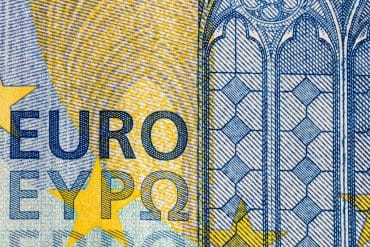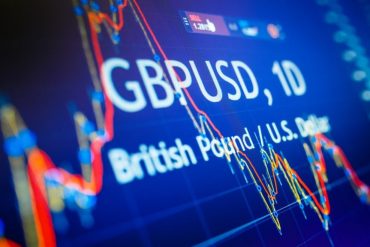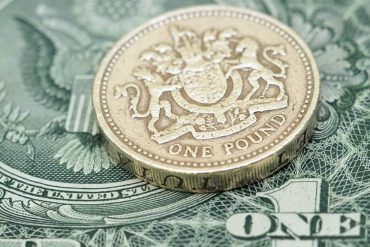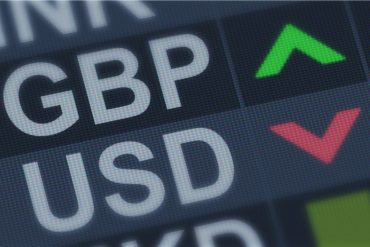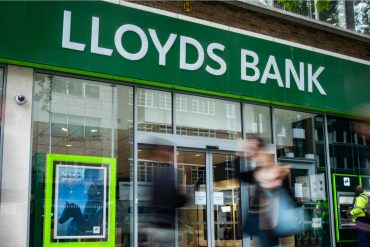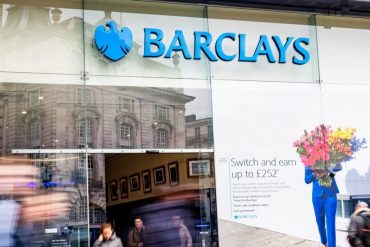BOE
On this page, you will read about everything you need to know about the Bank of England (BOE) including its latest monetary policy decisions and market-moving speeches.
The Bank of England (BOE) is the central bank of the UK in charge of money supply and price stability in the United Kingdom. Bank of England was established in 1694. The BOE was privately owned by stockholders from its foundation in 1694 until it was nationalized in 1946.
The Bank of England’s Mission
The Bank of England’s mission is to make sure you can pay easily and securely in the UK. The bank produces banknotes (cash) and oversees many of the other payment systems (eg with a debit or credit card). Bank of England also works to keep the cost of living stable so the money keeps its purchasing power.
Central Banks We cover for you: RBA –RBNZ –SNB – SARB –CBRT –Norges Bank –Riksbank – BOE –FOMC –BOJ– ECB.
One way the Bank of England does this is by changing the benchmark interest rate in the UK. Bank of England also regulates UK banks and other financial firms.
The Bank of England is custodian to the gold reserves of the United Kingdom and around 30 other countries.
Bank of England’s monetary policy
The Bank of England is responsible for monetary policy in the UK and influences how much money is in the economy and how much it costs to borrow. BOE uses two main monetary policy tools. The Bank of England set the interest rate that charge banks to borrow money from BOE. Bank of England also can create money digitally to buy corporate and government bonds. This is known as an asset purchase or quantitative easing (QE).
The BOE rate decision is a main event for the forex market and affects the exchange rate of British Pound (GBP)
Who Heads the Bank of England?
Mark Carney is the Governor of the Bank of England from 1 July 2013. Mark Carney succeeded Mervyn King, who took over on 30 June 2003.
Bank of England has three committees that make the most important policy decisions. The Monetary Policy Committee, the Financial Policy Committee, and the Prudential Regulation Committee. The three committees include people outside the Bank of England who have relevant knowledge or experience, these are the ‘external’ committee members.



